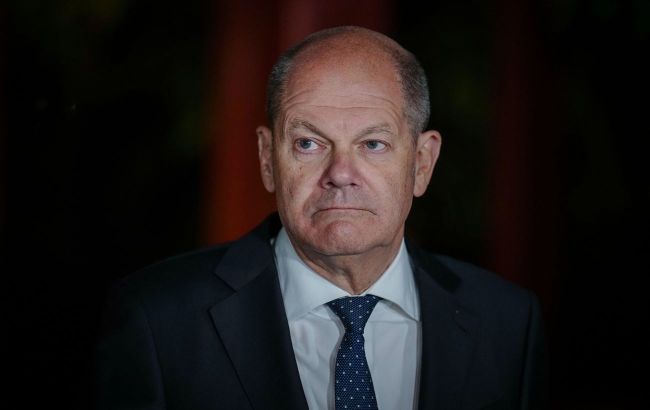Scholz might resign: Probable successor to chancellorship revealed
 Olaf Scholz, Chancellor of Germany (Photo: Getty Images)
Olaf Scholz, Chancellor of Germany (Photo: Getty Images)
Chancellor of Germany Olaf Scholz may leave the office of Chancellor of the Federal Republic of Germany ahead of schedule. This is related to the low level of support for the Social Democratic Party of Germany (SPD), reports Bild.
The survey by the INSA Institute (National Institute of Applied Sciences Lyon), conducted for the media outlet and released on December 31st, showed that throughout 2023, support for the Social Democratic Party of Germany (SPD) dropped from 20% to 15%.
According to analysts, the key factor behind the SPD's setback is that only one in five Germans positively assesses the work of Chancellor Olaf Scholz, who represents the party.
Potential successors
The Italian newspaper La Repubblica suggests that Olaf Scholz might resign ahead of schedule in 2024. However, it doesn't cite the source of this information.
According to journalists, Scholz's successor could be Defense Minister Boris Pistorius, who recently topped the ratings as one of the most popular German politicians.
The potential reason for his resignation
As reported by La Repubblica citing two sources, could be the scandal that occurred in 2020 involving the company Wirecard and its boss Jan Marsalek (currently reportedly hiding in Moscow). At that time, Scholz headed the Federal Ministry of Economy and was responsible for the financial regulator, which failed to notice Germany's biggest fraudulent scheme since World War II.
However, Scholz has always denied personal responsibility for this financial scandal.
What do people in Germany think about this
In Germany, Bild reports that analysts doubt the likelihood of a chancellor change. Particularly, SPD members supported Scholz at the party conference.
"Meanwhile, Boris Pistorius recently called for Germany to 'prepare for war' – until recently, the left-wing of the SPD might have demanded his expulsion from the party for these words," the article states.
Jan Marsalek's activities
Previously reported suspicions include espionage against Britain and alleged assistance to Russian intelligence.
The Wall Street Journal also wrote that Jan Marsalek, a top manager of the payment company Wirecard, was identified by Western intelligence agencies as an agent of Russian intelligence.

